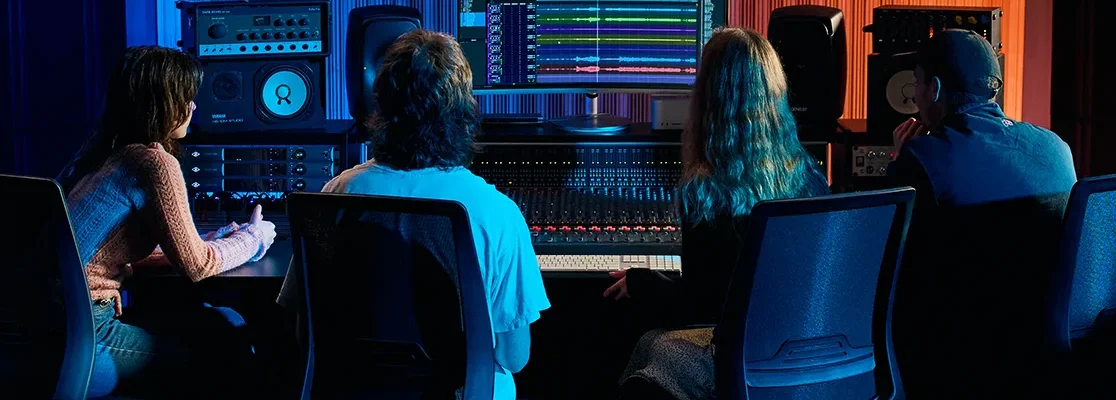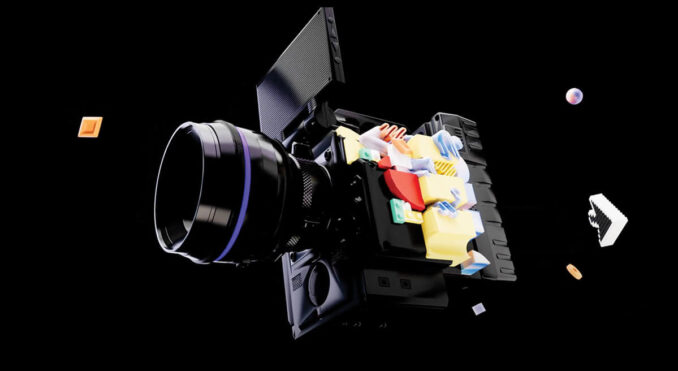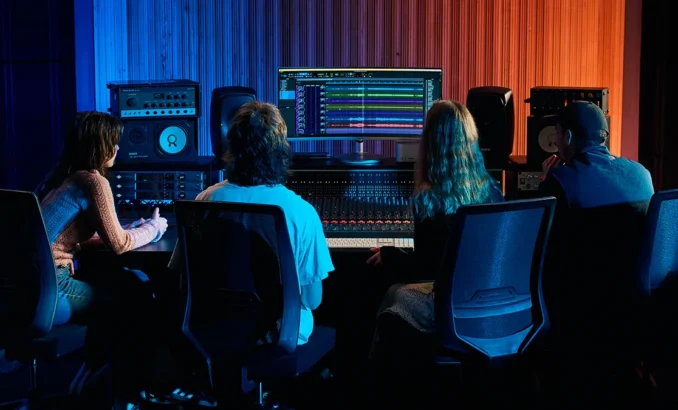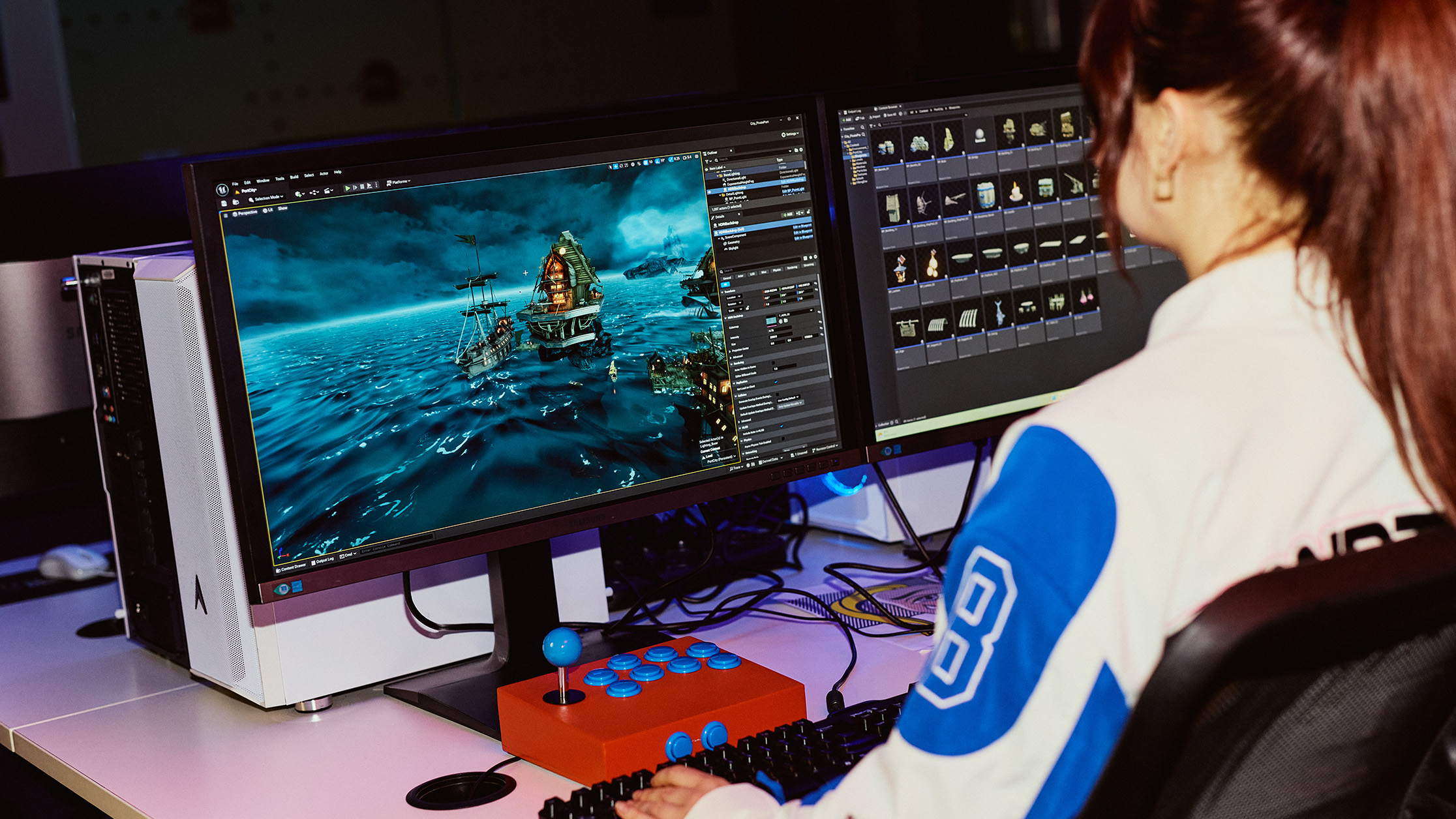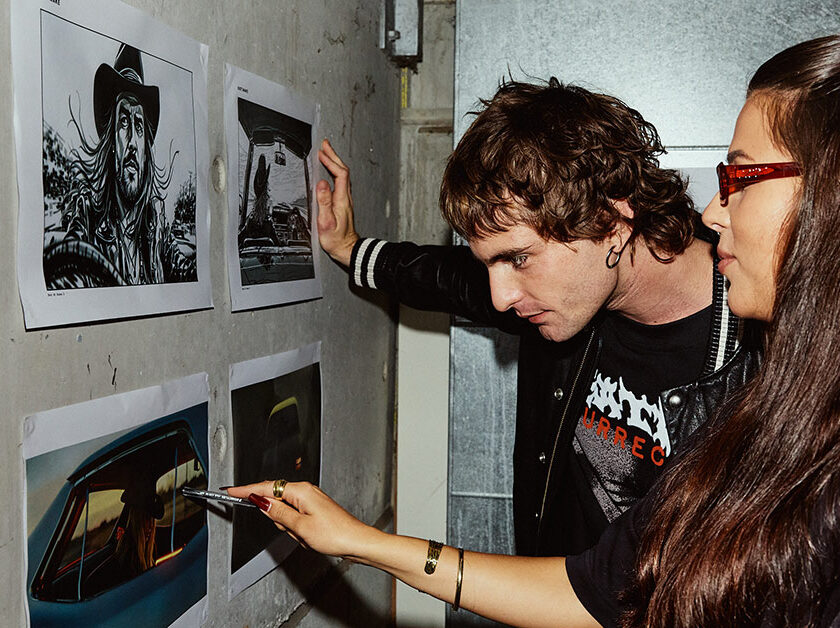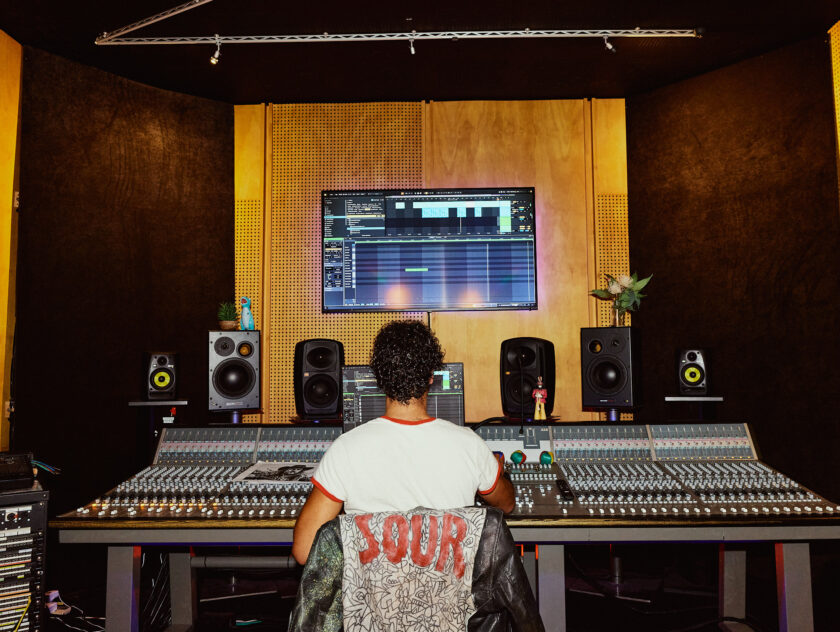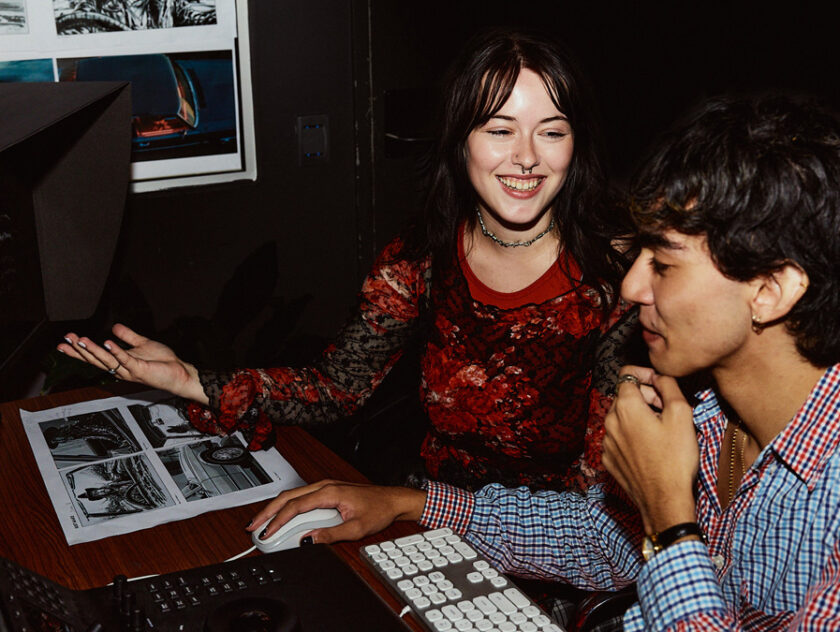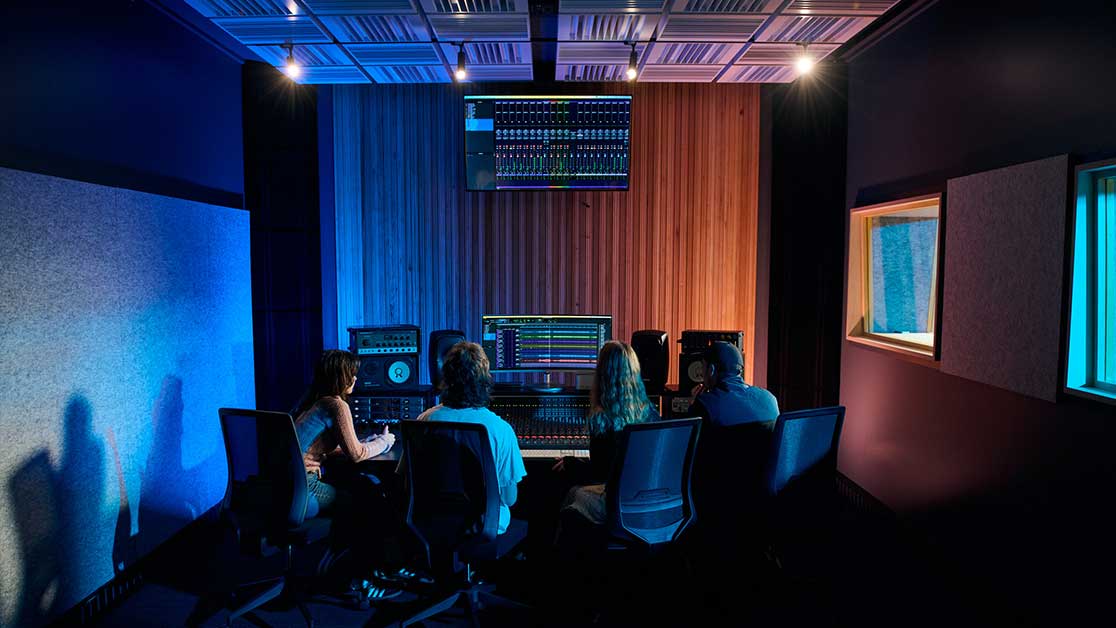We caught up with SAE University College alumni and producer of The Night Shift, to ask him what his tips were for turning the Bachelor of Games Development he earned at SAE into a successful career in the industry. Here’s what he said:
By Martyn Evans, SAE University College alumni and producer of The Night Shift
Like most gamers, I’ve had those moments where I find myself yelling at the screen, convinced I could design something better, smoother, or just more fun. What I started as frustration quickly turned into curiosity. How were these games made? Could I do it myself?
Fast forward a few years, and I’ve got a degree from SAE University College, I’m working in the game development industry working my way up from QA at Gameloft to Producer at Krome Studios, and soon to be launching my own game, The Night Shift. If you’re wondering how to turn your passion into a profession, here’s what helped me get from classroom to career.
- Learn Like You Mean It (But Don’t Burn Out)
Studying games development isn’t just about knowing the right tools – it’s about curiosity. You’ve got to soak up everything you can, both inside and outside the classroom. That said, burnout is real. I learned quickly that a healthy routine isn’t just good for your wellbeing it’s critical for creativity, problem-solving, and longevity in the industry.
- Get Comfortable with Chaos – And Balance It
Juggling studying, part-time work, side projects, and your personal life? It can get overwhelming. Some weeks it all clicks, others it doesn’t. Learning to adapt and know when to step back or pivot is one of the most important skills you can build. Plus, adaptability is something employers really value.
- Master the Major Game Engines
Unity and Unreal are the backbone of most studios. Having a strong grasp on both can give you a real edge in the job market. My advice? Find out what engines are commonly used by studios near you and tailor your skills accordingly. It’s one thing to be great at what you do, but it’s another to be studio-ready.
- Volunteer (Yes, Seriously!)
Some of the most important moments in my early career happened away from my computer. I volunteered at gaming festivals and industry expos during my time at SAE. That experience gave me insights into the dev world that no textbook could teach – and, more importantly, it’s how I made the connections that led to my first job offer at Gameloft (Big thanks to SAE for setting up the volunteer gig at Brisbane Game Fest that made it all possible!).
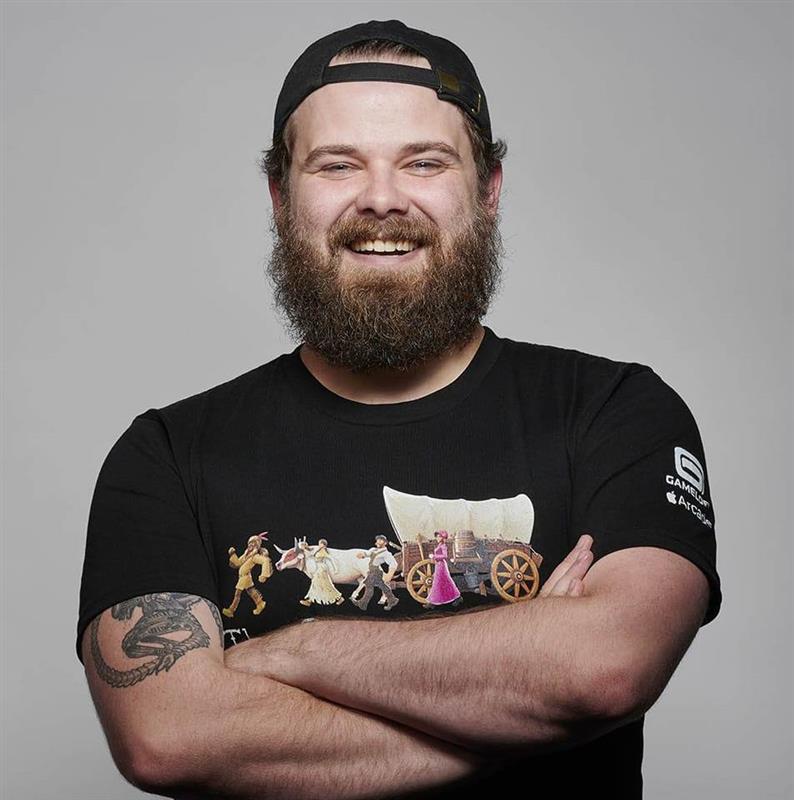
- Build Real Relationships, Not Just LinkedIn Connections
Networking isn’t about handing out business cards or grabbing LinkedIn details – it’s about real conversations. Whether it’s over a shared interest in game mechanics or a weird indie game, meaningful connections are built on authenticity. Be curious, be helpful, and support your peers – the industry is smaller than you think, and relationships matter.
- Ask Questions, Always
If there’s one superpower you can build while studying, it’s curiosity. Ask questions in class. Ask your peers. Ask your lecturers. Asking “why” or “how” will help you understand faster and build better. Remember, asking questions doesn’t mean you’re clueless – it means you’re engaged.
- Collaboration Beats Competition
Game dev is never a solo mission. Collaboration is the heart of the industry. At SAE, I worked with students from audio, design, and animation – and every one of those cross-discipline collaborations helped me grow. If someone’s better at something, ask for their help. If you’ve got a strength, offer it. That give-and-take is how real studios work.
Final Thought: Everyone Starts Somewhere
No one turns up on campus or at a studio ready to build a game from start to finish. But by staying curious, connecting with others, taking breaks, and embracing weird, glitchy, ambitious ideas — you’ll get there.
I did. And it all started with a Bachelor of Games Development at SAE.




